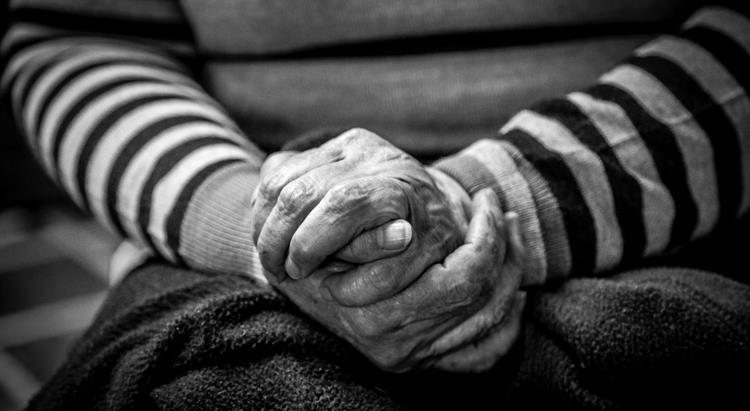28 April 2020

Islanders are being asked to look out for their neighbours, loved ones and friends during this period of lockdown, following a 50% increase in welfare calls to the States of Jersey Police in the last two weeks giving raise to concerns regarding mental health, the impact of isolation and self neglect.
This follows the recent safeguarding campaign launched to keep children, adults and families safe during the Coronavirus pandemic, as invisibility increases vulnerability.
Detective Superintendent Stewart Gull, Vice Chair of the Safeguarding Board: “As a Police Force we have received a 50% increase in welfare related reports since the start of the lockdown – our primary aim is to ensure the on-going safety of all islanders and in particular the vulnerable who may be isolated or self neglecting.
“Tackling the pandemic and preventing its further spread is vital, but such measures do not mean there should be a collapse in social contact. The impact of isolation and loneliness should not be under-estimated, especially for those in a vulnerable situation. Therefore, if you haven’t seen or heard from that person for 24 hours please call Adult Safeguarding on (01534) 444440, the Mental Health Community Team on (01534) 443250, or in a emergency the Police on 999.”
Self-neglect is an extreme lack of self-care and can include such things as:
- Not eating enough food to the point of malnourishment.
- Wearing clothes that are filthy, torn, or not suited for the weather.
- Living in filthy, unsanitary, or hazardous conditions.
- Not getting needed medical care.
- They could be unclothed, or might not have the things that they need such as dentures, glasses, hearing aids, walker, wheelchair, or a commode.
- They may be dehydrated or seem underweight or malnourished.
- Failure to seek help or access services to meet health and social care needs.
- Inability or unwillingness to manage one’s personal affairs
Common characteristics of people who neglect themselves:
- Live alone and are frail.
- Be depressed and/or increasingly confused.
- Have alcohol and drug problems.
- Have a history of poor personal hygiene or living conditions.
- Some adults may not recognise that they are self-neglecting as they have dementia, brain damage, depression or psychotic disorders; or they may misuse substances including misuse of prescribed medications
For those who already experiencing loneliness, the social distancing requirements can further raise their feelings of social isolation.
Everyone can feel lonely from time to time, but long periods of loneliness or social isolation can have a negative impact on a person's physical, mental and social health:
Physical symptoms – aches and pains, headaches, illness or worsening of medical conditions.
- Mental health conditions – increased risk of depression, anxiety, paranoia or panic attacks.
- Low energy – tiredness or lack of motivation.
- Sleep problems – difficulty getting to sleep, waking frequently or sleeping too much.
- Diet problems – loss of appetite, sudden weight gain or loss.
- Substance use – Increased consumption of alcohol, smoking, medications, drugs.
- Negative feelings – feelings of worthlessness, hopelessness or thoughts about suicide.
Isabel Watson, Chief Social Worker Head of Adult Social Care added: “Self-neglect occurs when a vulnerable adult is living in a way that puts his or her health, safety, or well-being at risk. It can be difficult to know when or if you should get involved. But we are asking neighbours, family members and friends to check in regulary with vulnerable individuals, as unfortunately police officers and social services cannot be everywhere, so we need the community to be our eyes and ears. If you recognise that someone is in need of help accessing basic supplies, such as groceries or hot meals,
the Connect Me page can help , by requesting services on their behalf.”
If members of the public are concerned for the welfare of an individual, please report to the following services:
- Adult Safeguarding - Single Point of Referral (SPOR) on (01534) 444440 or by email at SPOR@health.gov.
- Mental Health Community Team - by email at JAMHSReferralPathway@health.gov.je or on (01534) 443250.
- Or in an emergency call the States of Jersey Police or Jersey Ambulance Service on 999.